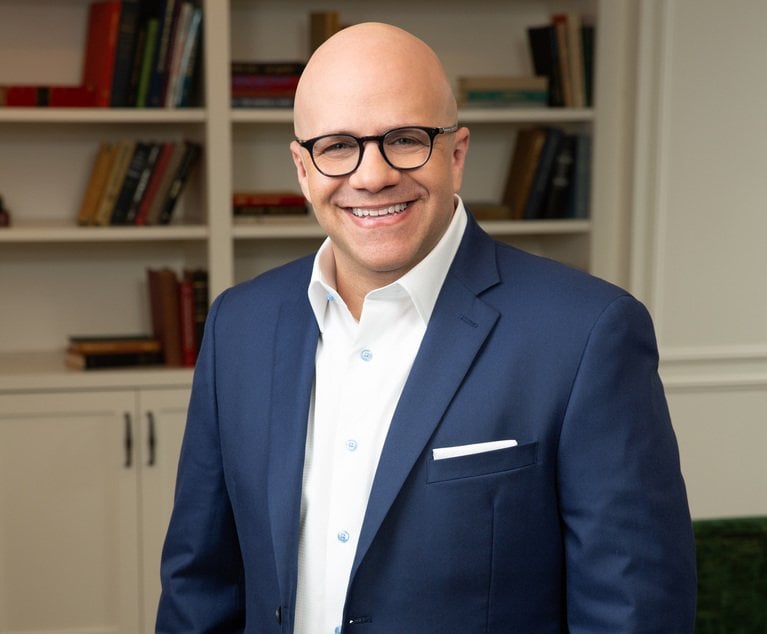A prominent partner at a large East Coast law firm recently issued a series of complaints to me.
“I hate to admit this, but who I take to a pitch meeting is frequently impacted by our origination credit system and how much credit I will have to share,” they said.










